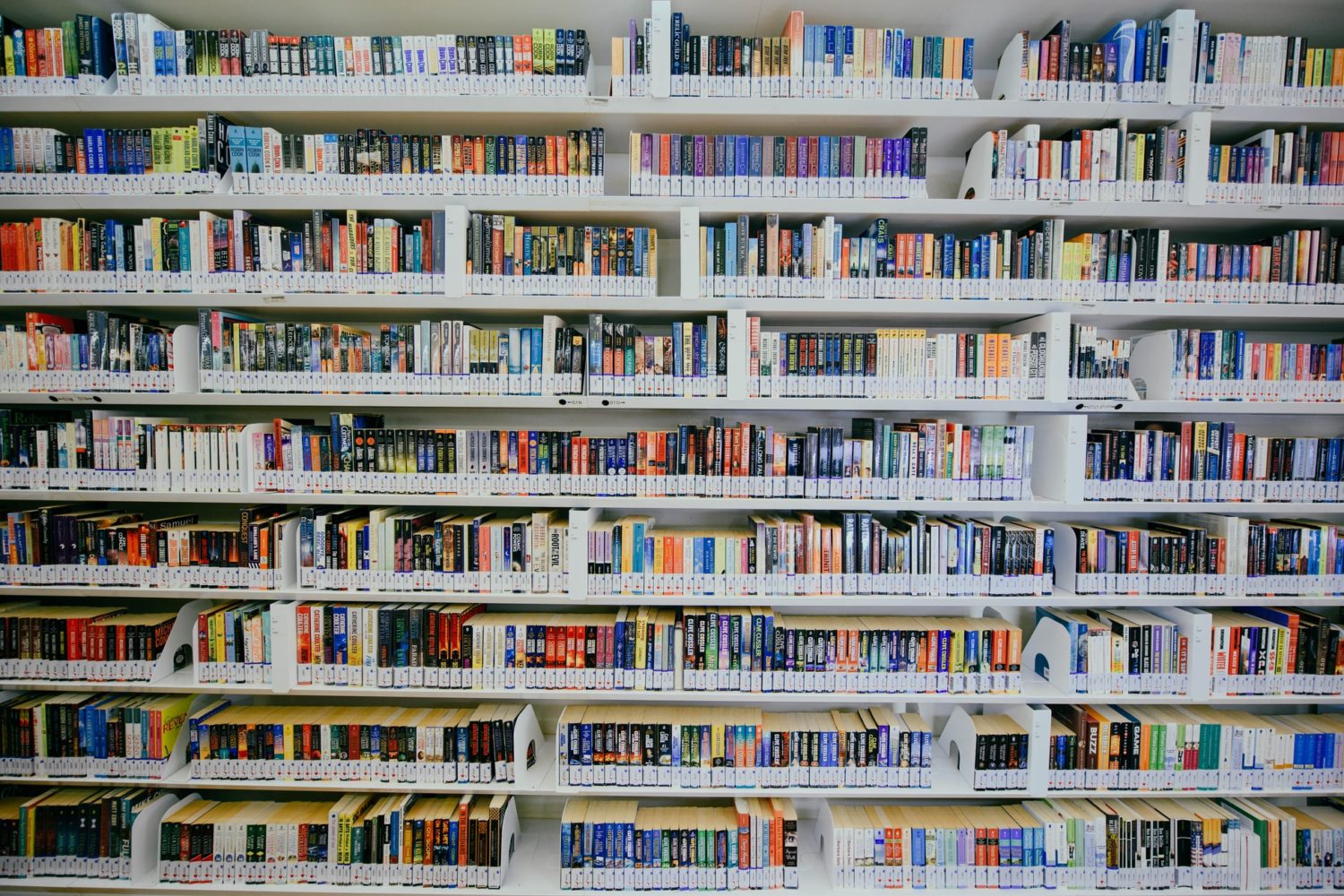I’ve been on Twitter for more than 8 years now – I’m hardly a ‘power’ user, whatever that is, and I don’t post that often, to be honest. Rather, I see it more as a personalised or curated news source: I follow people or accounts that post things that I am interested in – lots of news, politics, sport and education accounts. Teachers have been, in my experience, one of the quickest groups to realise the power of Twitter as a tool to communicate with their peers, and certainly amongst the EdTech community (as you might expect) teachers are heavy users of the platform.
Having said that, it’s been a tough week for Twitter – apparently revenue is down, and the company was forced to ban permanently a notorious troll recently. It’s also regularly criticised for not doing enough to limit hate speech – and when it does, it is either criticised for infringing upon people’s right to free speech, or for applying such sanctions in an uncoordinated way. Some of these criticisms are probably reasonable – and, after the Wikileaks revelations from Facebook, two things are evident; firstly, Twitter is hardly the only such company to face these criticisms, and secondly (and more concerning in my opinion) there is still much debate over the place and location of the ‘public sphere’ of civic and civil discourse – should such a site exist at all.
In its own, much smaller way, these arguments have been mirrored in the ‘Edutwitter’ community in Australia. There are some fantastic teachers out there who regularly use Twitter to share their ideas and examples of what they consider to be best practice. There are thriving communities of educators that meet regularly to tweet about topics. I’m very careful about the way I describe these things – I’m deliberately not mentioning any names (because I don’t want to leave anyone out or single anyone out) and I use ‘tweet’ instead of ‘discuss’ because I think the nature of the interactions on Twitter is still developing, and often fails to reach what I would call a meaningful discussion – but that’s just my opinion. I sometimes see something meaningful happen in two way conversations (and even the, not always, as it can sometimes fall apart into mutual recriminations), but when there are more two, it seems to fall apart into an agglomeration of tweets where a structure or an argument is difficult to discern.
It’s difficult enough when people tweet with their own names – when people take on anonymous personas, things can become even more challenging. Parody accounts can often lead to quite acrimonious arguments as people get offended.
More to come on this.
